Global apps don’t fail because of bad products — they fail because users don’t feel understood. In international markets, poor localization silently erodes trust, damages user experience, and increases churn. This guide explains why localization is now a UX imperative, how it impacts customer retention, and where companies go wrong when expanding globally. Learn how… Continue reading The Global UX Imperative: How Localization Drives Customer Retention and Trust
Contact Us












